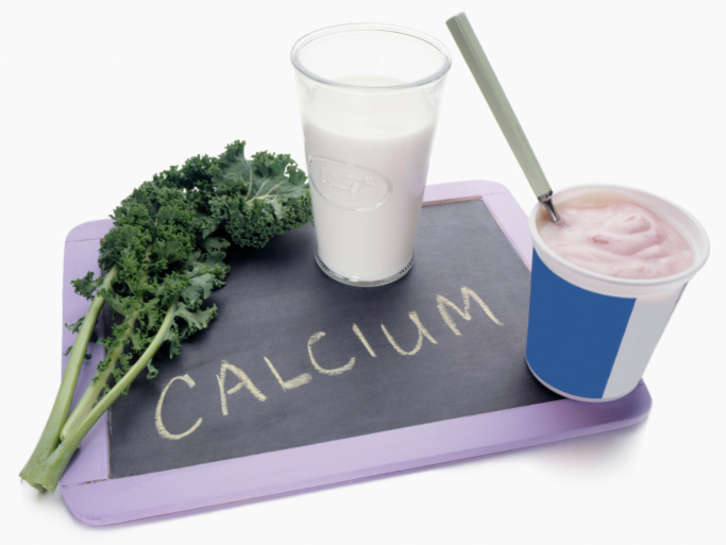
What Happens To Our Body When It Doesn’t Get Enough Calcium?
When food does not provide enough calcium, the body draws on our bones and weakens them. You’d probably not be surprised to hear that about 99 % of your body’s calcium lives in your bones, with some in your teeth too. But you may not know that his role is not just about the skeleton but also muscle contraction, including that of the heart, the communication between nerves and blood clotting. That is why it is essential to provide an adequate amount of this nutrient in our body, said the British site The Independent.
In the case of lack of calcium, the risk is 1 to suffer from problems with bones as they age. Even if our growth ends in late adolescence, bones continue to solidify until the age of 30 years. Then when menopause arrives, their density gradually decreases. The osteoporosis, a disease characterized by fragile bones, affects 39% of women between 65 and 70% of those aged 80 and over, according to figures from the Inserm.

If power is not sufficiently rich in calcium, the body draws the quantities it needs in the bones, weakening them. But if the importance of calcium is clear, the signs of a lack of this nutrient are not easy to identify, adds the Independent. Among the most common symptoms are involuntary muscle contractions, impaired sensations around the mouth and rashes of red or purple.
While some genetic risk factors for age-related can not be changed, we can influence others. Steroids intake, excess alcohol, smoking and a diet low in calcium and vitamin D, which helps to better absorb and retain the best, habits are part to change if we want to strengthen the bones. Foods favored: dairy products, whole sardines, green leafy vegetables, tofu, oranges, almonds and some mineralized waters.